Speech development in toddlers with flashcard
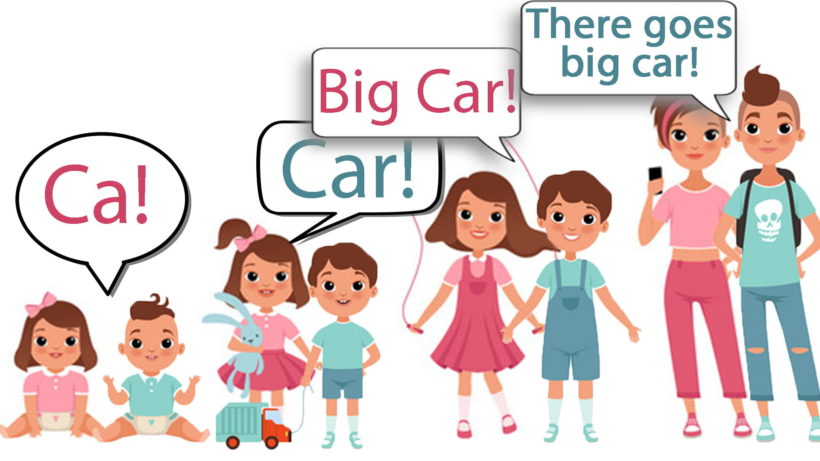
What is speech?
Speech is how we say sounds and words. Speech may vary based on region, inheritance, culture etc. It's normal for children to say some sounds incorrectly. Some sounds don’t develop until 4 to 6 years. Sometimes, Speech therapy may help with speech or language development.
What is Language?
Language is made up of the words or signs we use to share ideas, needs or thoughts. Language includes speaking, understanding, reading and writing.
Importance of Speech or language development in children
Speech development is a natural process that starts before the birth of the baby. The fetus starts recognizing the sounds of its mother. Later in life it becomes an essential part of day to day activities. It helps to express emotion, thoughts and needs. It eases human life to survive in the current world. Speech enables us to do many things but most important for following mundane activities:
- Express emotion, thoughts and needs
- Build relationship with family and friends
- Interact and learn
How to encourage speech development in children?
Speech development is a gradual process. The basic and best way to start this process is to talk to your child a lot on a daily basis, no matter what age. There are many ways to encourage speech or language development in children.
- Talk to the child
- Make sounds
- Show lips and tongue movements
- Read books
- Flash cards
You can start talking to your child from birth. You can talk to them about any topic even if they are not responding. Engage them with some words and sounds. Ask them some questions, like do you wanna play, wanna go outside, etc.
Once your child starts making sounds like coo, gurgle etc, make sounds with them. You can encourage them by making sounds in front of them.
Children grasp quickly by seeing. Encourage your child to say words by showing the lips and tongue movement while saying the words like mumma, pap pa, dad da etc.
Reading books with children helps to learn many words by looking at the pictures. It helps to remember the words quickly. They can correlate the words in real life as well.
Flash cards are an easy way to increase the vocabulary of the kids. It helps to remember the words. Continuous and repetition of flash cards help to improve speech development.
What's the speech development milestone?
Speech development is a natural process although the ages and stages of children’s speech development differ from child to child with time. However, there are some milestones which help to identify the normal speech development in the kids.These milestones can help parents if they need to spend extra time with kids on speech development.
Speech development milestones can be classified as : Speech Development at age 1 to 3 months
Babies at this age usually cry and coo. They are observing a lot of surroundings voices.
Recommendation for speech development:
- Talking
Talking to children is a magical thing in speech therapy. Ideally, you should be talking to your child from birth. You can talk to them about any topic even if they are not responding. Engage them with some words and sounds.
- Reading books
Reading age appropriate books aloud with children helps to learn many words by looking at pictures. You can describe the pictures and objects with some hypothetical stories which may interest your children.
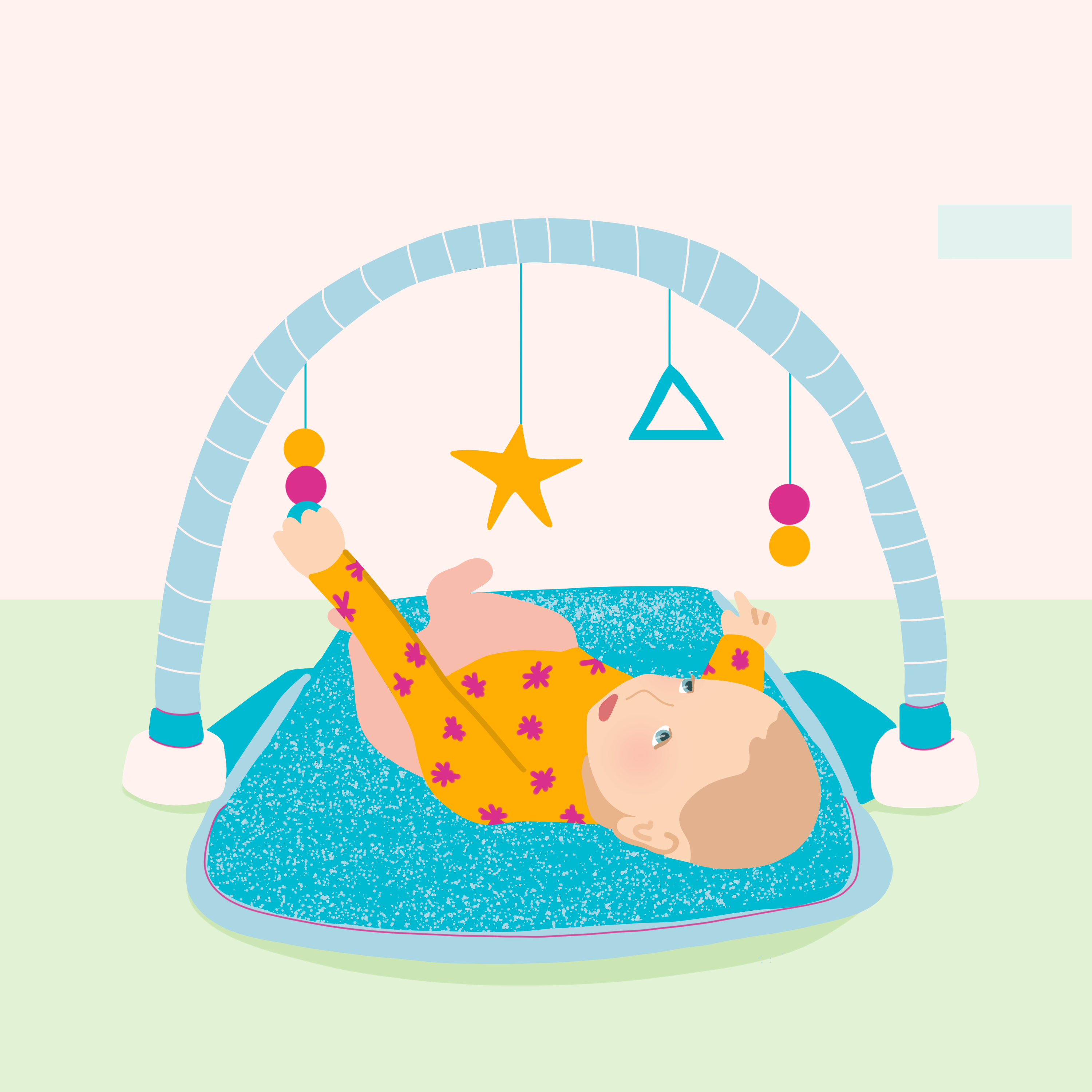
Speech Development at age 4 to 6 months
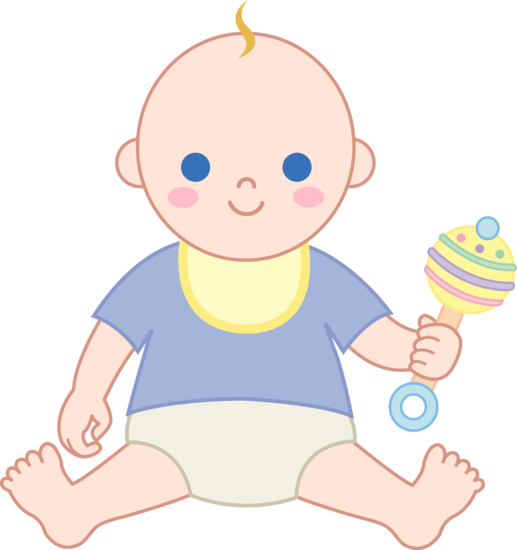
Babies start making different sounds. They sigh, grunt, gurgle, squeal, laugh and make different crying sounds.
Recommendation for speech development:
- Flashcards
Parents can use the digital flashcards to motivate children to speak the words. Pictures and sounds help to remember the words. Parents should say the words loud and clear, it motivates children to imitate sounds of the words.
- Talking
Talking to children is a magical thing in speech therapy. Ideally, you should be talking to your child from birth. You can talk to them about any topic even if they are not responding. Engage them with some words and sounds.
- Reading books
Reading age appropriate books aloud with children helps to learn many words by looking at pictures. You can describe the pictures and objects with some hypothetical stories which may interest your children.
Speech Development at age 6 and 9 months
Babies at this age start babbling. They imitate tones and sounds. The sounds are not recognizable words.
Recommendation for speech development:
- Flashcards
Parents can use the digital flashcards to motivate children to speak the words. Pictures and sounds help to remember the words. Parents should say the words loud and clear, it motivates children to imitate sounds of the words.
- Talking
Talking to children is a magical thing in speech therapy. Ideally, you should be talking to your child from birth. You can talk to them about any topic even if they are not responding. Engage them with some words and sounds.
- Reading books
Reading age appropriate books aloud with children helps to learn many words by looking at pictures. You can describe the pictures and objects with some hypothetical stories which may interest your children.
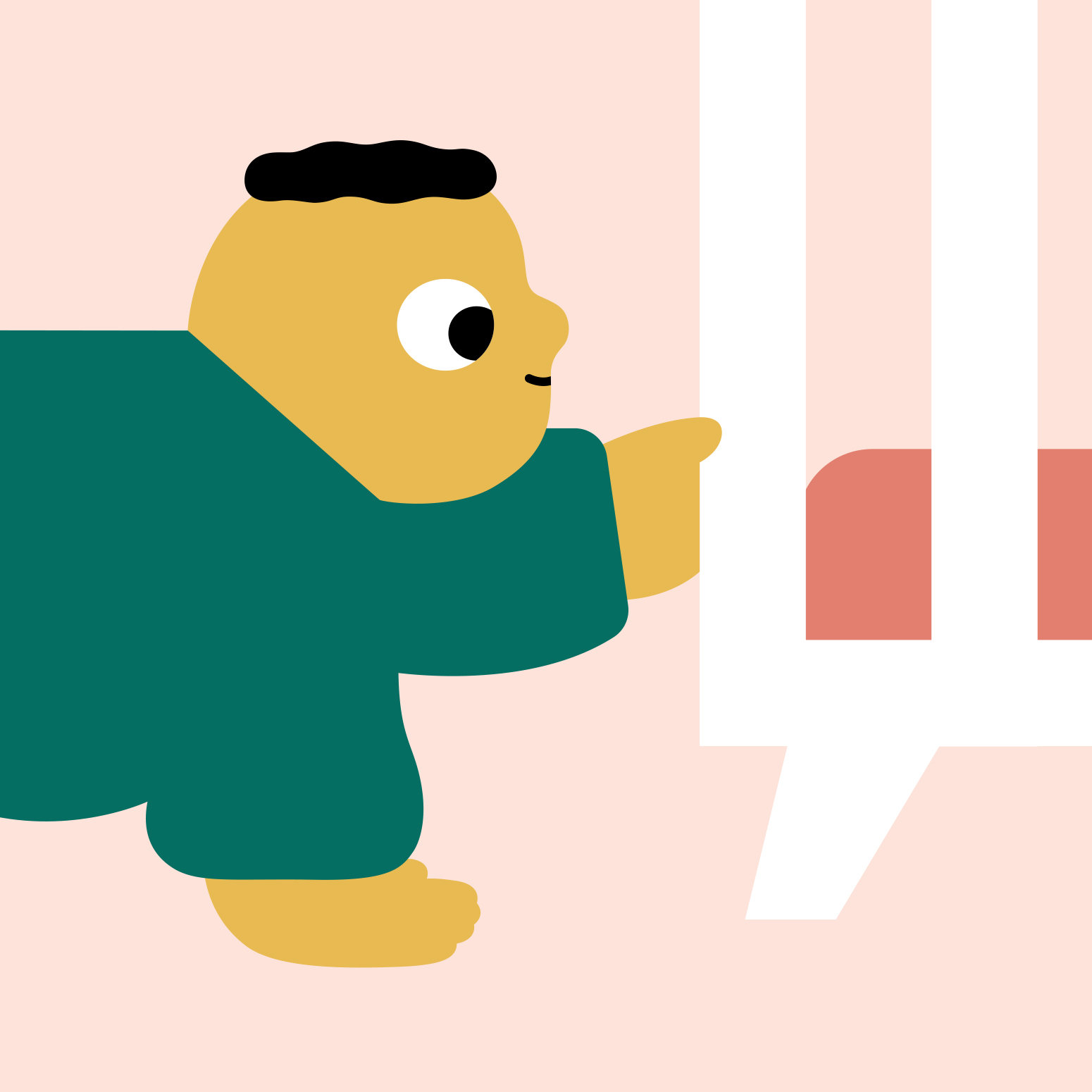
Speech Development at age 18 months
At this age, children start saying few meaningful words like "pappa", "mumma", "dadda". They make many different sounds. They start following easy instructions like "no", "come", "bye". With little talking, they start grasping easy words.
Speech development Milestone:
1. Start saying some words like "pappa", "mamma", "dadda", "bye bye", "babba"
2. Children say around 10 or more words
3. Pointing to familiar people, objects
4. Recognizing body parts
Flashcards to improve speech development:
We have designed special digital flashcards for children aged 12 -18 months. It covers the variety of words according to the age. Parents can use the digital flashcards to motivate children to speak the words. Regular practice helps children to recognise the pictures in the digital flashcard. Please refer to how to use digital flashcard FAQs for more information.
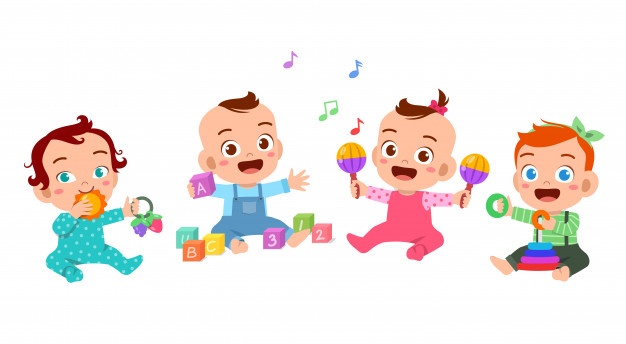
Speech development at age 2 years
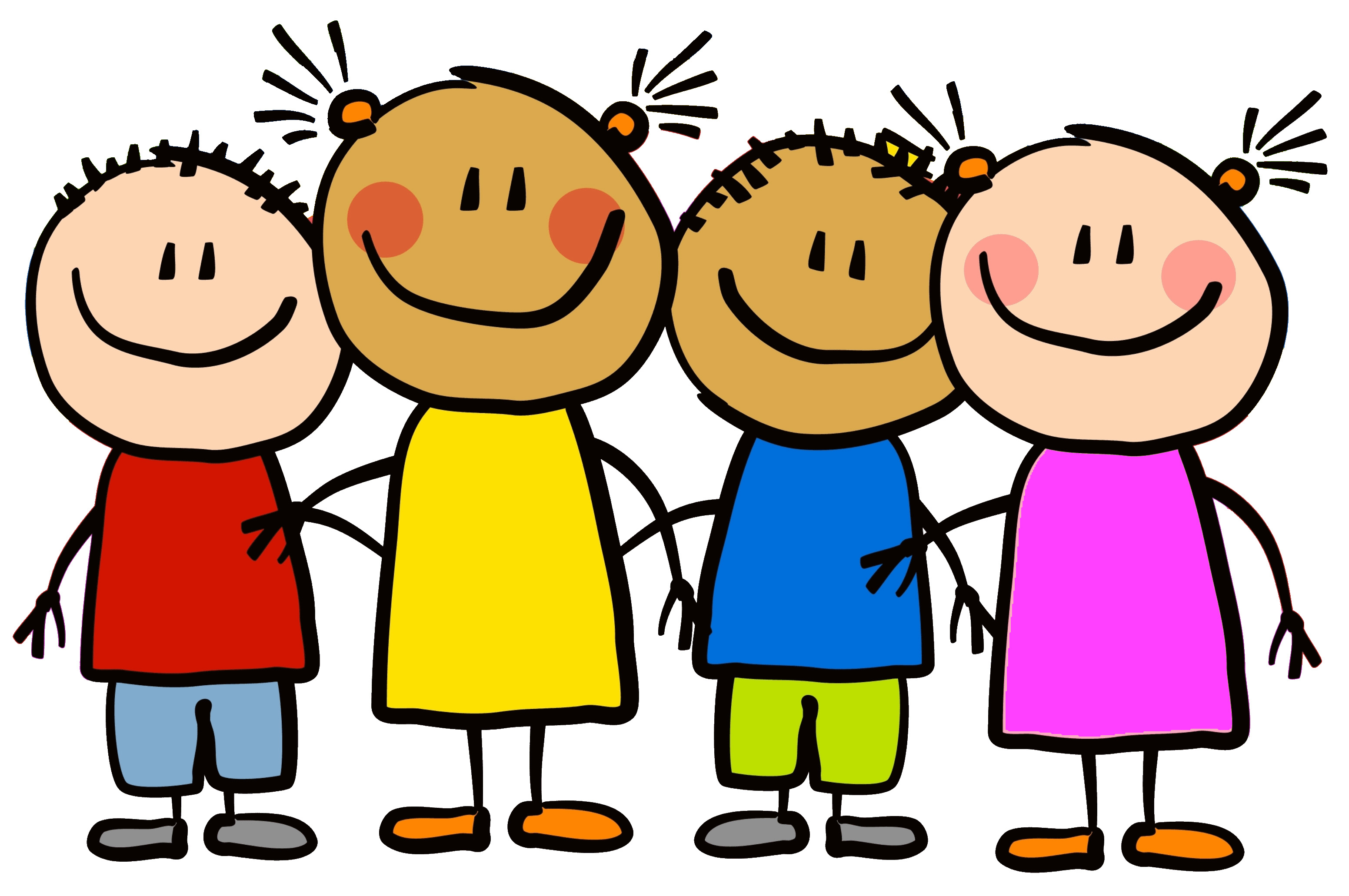
Children are confident and clear in some words, they start putting two or three words together into short ‘sentences’. Children start recognising family members and pointing to familiar things when named. Their vocabulary grows rapidly, talk to them frequently or show flashcards.
Speech development Milestone:
1. Start saying two words together like "more milk", "bye car", "come here"
2. Children say around 50 or more words
3. Follow simple instructions
4. Knows names of family members and body parts
5. Pointing to familiar things or pictures when named
6. Responds to easy questions
7. Children can say most of the words in first 50 words flashcard
Flashcards to improve speech development:
We have a special collection of digital flashcards for children aged 18 -24 months. It covers the most used words at this age. It's aligned with the rhymes and reading books for this age group. Parents can use these digital flashcards repeatedly to familiarize the words to their children. Regular practice helps children to recognise the pictures in the digital flashcard. Please refer to how to use digital flashcard FAQs for more information.
Speech development at age 3 years
Children start speaking in sentences of 3-4 words. They are clear and better with familiar words. They follow moderate instructions. They are comfortable with around 200 or more words. They refer themself with pronouns like I, my, me or myself. They can say most of the words in age 2 flashcards.
Speech development Milestone:
1. Start saying three or four words sentences or phrases like "lets go", "I want cookie", "my car"
2. Children say around 200 or more words
3. Follow moderate instructions like "bring toys", "brush your teeth"
4. State or recognise their and family members name
5. Children can be understood by family or close friends
6. Children can say most of the age 2 words in first 101 words flashcard
Flashcards to improve speech development:
We have a special collection of digital flashcards for children aged 24-36 months. It covers the most used words at this age. It's aligned with the rhymes and reading books for this age group. Parents can use these digital flashcards repeatedly to familiarize the words to their children. Regular practice helps children to recognise the pictures in the digital flashcard. Please refer to how to use digital flashcard FAQs for more information.
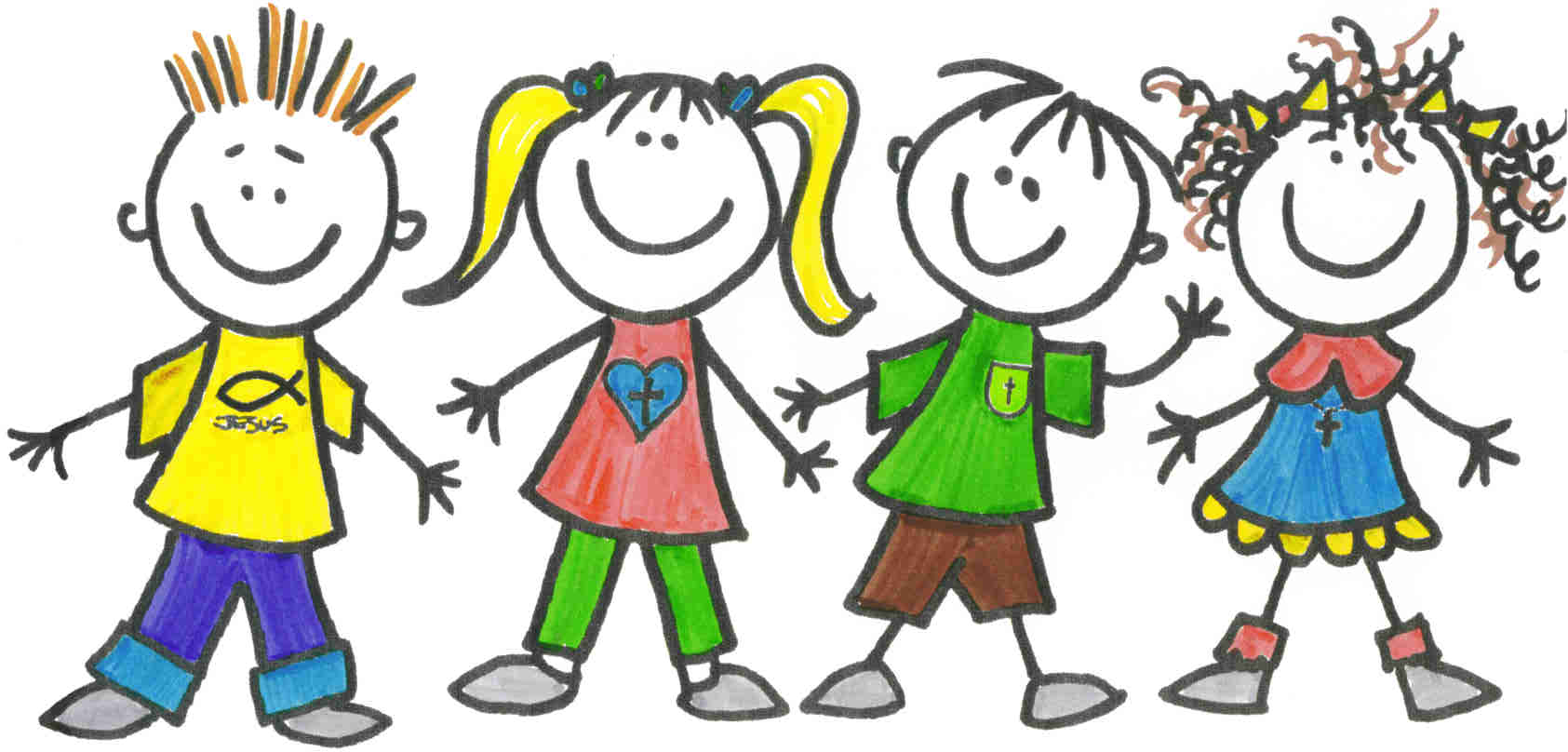
Speech development at age 4 years
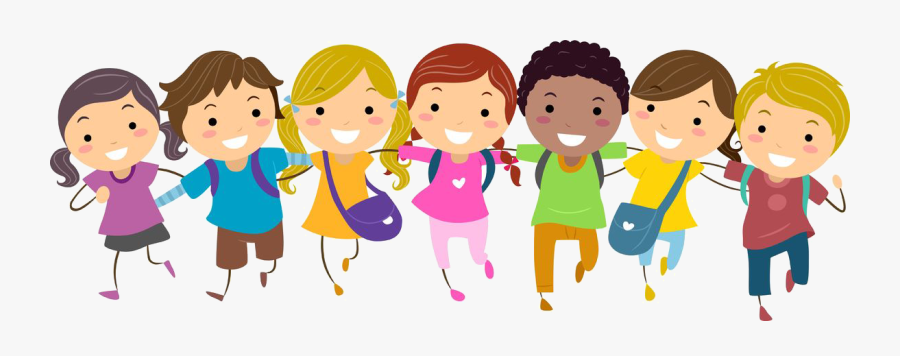
Children start learning how to use words correctly in a sentence. They speak complex sentences with ‘because’, ‘if’, ‘when’. They are clear and better with words in a sentence. They understand the language's basic rules. They make grammatical mistakes but you can understand what they mean. They repeatedly ask- “what is this?” even though they might be knowing the things. They are comfortable with around 1000 or more words. They can say almost all the words in age 3 digital flashcards.
Speech development Milestone:
1. Start saying connecting words like ‘because’, ‘if’, ‘when’
2. Children say around 1000 or more words
3. Children know A-Z alphabets and Numbers
4. Children are able to say emotions like ‘happy’, ‘sad’, ‘scared’ and ‘angry’
5. Children can say generally used words for fruits, vegetable and things at home
6. Children can say most of the age 3 digital flashcard words
Flashcards to improve speech development:
We have an extensive collection of digital flashcards for children aged 36-48 months. It covers the most used words at this age. It's aligned with the reading books for the age group of 4 years. Parents can use these digital flashcards repeatedly to increase the vocabulary of their children. Regular practice helps children to use the digital flashcard words confidently. Please refer to how to use digital flashcard FAQs for more information.
What is Speech therapy?
Speech therapy is the process of assessment and treatment of speech and language problems by Speech specialists. It helps children and adults to speak clearly.
How can parents do Speech therapy activities at home?
There are many activities that parents can do at home which helps to improve speech development. These activities are selected according to the age of the children. Top five activities apply to all age groups.
- Flashcards
Parents can use the digital flashcards to motivate children to speak the words. Pictures and sounds help to remember the words. Parents should say the words loud and clear, it motivates children to imitate sounds of the words.
- Talking
Talking to children is a magical thing in speech therapy. Ideally, you should be talking to your child from birth. You can talk to them about any topic even if they are not responding. Engage them with some words and sounds.
- Reading books
Reading age appropriate books aloud with children helps to learn many words by looking at pictures. You can describe the pictures and objects with some hypothetical stories which may interest your children.
- Making silly noise
Making silly noise helps to articulate the sounds. It helps to do some exercise which makes the mouth flexible. These facial exercises help to practise some words.
- Singing and music
Singing and music encourages children to speak. Rhymes help to remember some words. These days we have an abundance of catchy rhymes like Twinkle Twinkle little star, Five little monkeys jumping on the bed, wheels on the bus going round n round etc.
- Blowing bubbles
Blowing bubbles is a way to do facial exercise. It strengthens the mouth muscles which are responsible for making speech sounds.
- Blowing air in balloons
Blowing air in balloons is another way to do facial exercise. It eases the mouth muscles to articulate sounds and words with regular practice.
- Limit screen time and play outside
We are surrounded by gadgets. Unlike adults, children are not aware that these gadgets have adverse effects on their mental and physical development. Speech development is also hampered if we expose children to excessive screen time. Parents should manage the usage of gadgets or devices with optimum control. On the other hand, we should play with kids outside in the backyard or park.
Parents can find more activities here.
What are the early signs of speech, language and hearing disorders?
Each child has his own development rate. Some children are proactive and do activities earlier than others. Similarly some children start talking earlier than others, it depends on various factors, personal or environmental factors like your interaction with the child, number of children at home, nuclear or joint family, work schedule etc. Parents should consistently refer to the speech development milestones with respect to appropriate age to know if the children are lagging behind. Please refer more for early disorder detection here.
Studies have shown that some kids are late bloomers. They take some more time compared to others to kick start the speech development.
When to check with your child's doctor?
You know your child best. If you have any concerns about your child’s language development, ask your General Practitioner (GP) or paediatrician. They might refer you to a speech pathologist or specialist.
References
- https://www.pregnancybirthbaby.org.au/learning-to-talk
- https://raisingchildren.net.au/toddlers/development/language-development/language-development-0-8
- https://www.mayoclinic.org/healthy-lifestyle/infant-and-toddler-health/in-depth/language-development/art-20045163
- https://www.stanfordchildrens.org/en/topic/default?id=age-appropriate-speech-and-language-milestones-90-P02170
- https://www.asha.org/public/early-identification-of-speech-language-and-hearing-disorders
- https://otsimo.com/en/10-speech-exercises-at-home